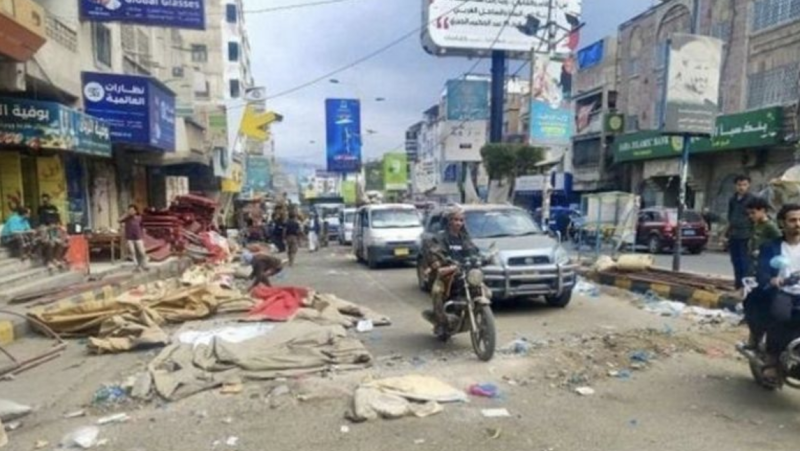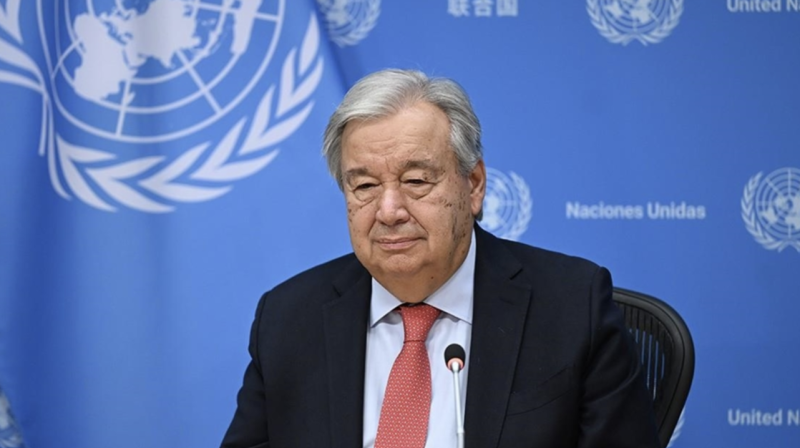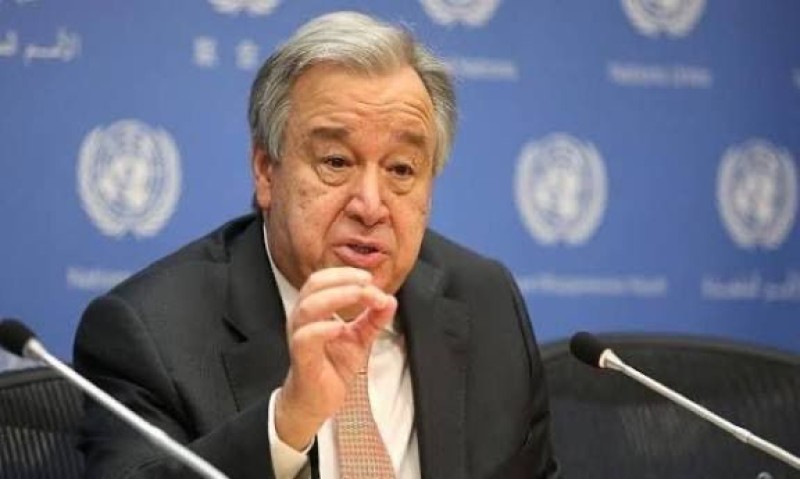" Despite US calls for peace " ... Houthis say attacks on Yemen's oil ports will continue


The Houthis will keep “protecting” Sanaa's oil and gas resources, the head of the Houthi political supreme council Mahdi Al Mashat said in a speech on the country's 55th Independence Day, after the US called on them to end their attacks on oil ports.
US Special Envoy to Yemen Tim Lenderking had on Monday called on the Houthis to stop their attacks on oil ports which have risen sharply in recent weeks.
The Houthi official was asserting a claim over oil and gas resources under the control of the internationally recognised government in Aden.
“Sanaa will remain steadfast in protecting the people's resources and preventing the looting of its oil and gas treasures, as this is the constitutional, rational and legitimate course of action,” Mr Al Mashat said.
Houthi militias have regularly launched drone and missile attacks against oil infrastructure throughout the eight-year conflict.
Mr Lenderking's office said in a statement: “We call on the Houthis to immediately cease their attacks on Yemeni ports, which are disrupting the flow of much-needed resources and exacerbating suffering across Yemen.”
“Such attacks only risk plunging Yemenis into another pointless cycle of violence and suffering.”
The Yemeni government has been meeting with officials from neighbouring countries including Jordan and Oman after calling on Arab states to join it in designating the Houthis a terrorist organisation.
A UN-brokered truce that lasted six months broke down after the warring sides accused each other of “looting” revenue generated through oil and gas imports.
The government also said the Houthis “fabricated complicated requirements” with regard to the reopening of roads in and around the besieged city of Taiz where about 600,000 people require aid.
Last week, UN Special Envoy to Yemen Hans Grundberg said there had been “progress” in the continuing talks, adding that there has been a rise in violence since the truce's end, particularly in Marib and Taiz, which remain under Houthi siege.
Since the breakdown in peace talks, UN officials have been talking to the warring sides and factions, including the broader international stakeholders in the war, to try to bring down the levels of violence and put a formal ceasefire into action.
Yemen is in its eighth year of war since the Houthis took over the capital Sanaa in 2014, three years after then-president Ali Abdullah Saleh resigned amid vast protests in Sanaa.

Taiz -- A child and another man were killed, while nine others including a young girl were injured on Thursday, December 18, after an explosive dev…

NewYork -- United Nations Secretary-General António Guterres on Wednesday strongly condemned the continued arbitrary detention of UN personn…

New York — United Nations Secretary-General António Guterres told the Security Council that the operating environment in areas under t…